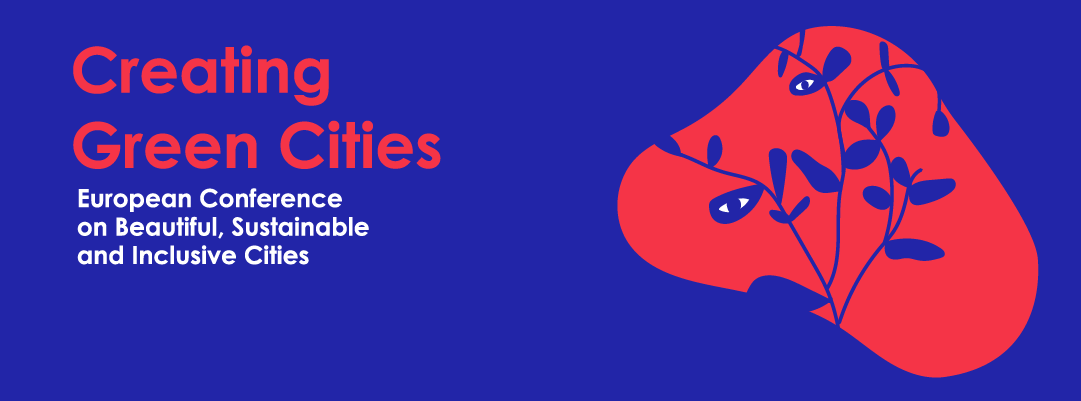A. Rewilding the city with nature-based solutions
Nature-based Solutions (NBS) are widely recognized for a wide range of societal challenges by generating climate resilience while providing benefits for human well-being and biodiversity. Rewilding is an essential nature-based climate solution. Rewilding restores an area to its uncultivated state but can also incorporate new elements of architectural or landscape design and provide multiple benefits. The session will give an overview of the current knowledge in the field and bring together results from European research projects and practical experiences.
Program
This discussion will be moderated by Marcus Hedblom, Professor at the Swedish University of Agricultural Sciences.
Nature based solutions – towards greener, healthier, and resilient cities! Cecil Konijnendijk . Professor, University of British Columbia and Co-directing the Nature Based Solutions Institute from Zeist, The Netherlands.
Urban greenery with the 3-30-300 rule - from theory to practice. Camilla Anderson, Community planner, Region Skåne.
Heading for a wilder Denmark! Julian Dons Henriksen, Biologist, Danish Ministry of Environment
How to accelerate implementation of NBS in Europe and beyond? From research to society. Gilles Doignon, Team Leader Biodiversity and nature-based solutions Euro-pean Commission DG Research and Innovation.
Panel with speakers and moderator
The session will be hosted by the Public Health Agency of Sweden, the Swedish Environmental Protection Agency, and the Swedish Geotechnical Institute.
Marcus Hedblom
Marcus Hedblom is professor in Landscape management at SLU. His research focus on urban green areas and how to manage and plan them so that both humans and biodiversity can thrive. He is a landscape ecologist and nature conservationist by training but is now working in the field of landscape architecture. For a shorter period of time he also worked as a planner for urban green in Uppsala municipality.

Dr Cecil Konijnendijk
Cecil has over 25 years of experience studying, teaching, and advising on aspects of urban forestry and nature-based solutions. He has lived and worked in Europe, Asia, and North America. Cecil helped found the leading academic journal Urban Forestry & Urban Greening and edited seminal textbooks such as The Routledge Handbook of Urban Forestry. He is passionate about using trees and nature to develop better cities, and always stresses the importance of building meaningful relationships between people and places. He has advised international organizations such as the United Nations, as well as national and local governments in more than 30 countries. In 2020, Cecil co-founded the Nature Based Solutions Institute, a think tank for the evidence-based greening of cities. He is also an honorary professor of urban forestry at the University of British Columbia.

Camilla Anderson
Camilla Anderson is a landscape architect and regional planner at Region Skåne. She currently works with projects connected to the new regional plan, Regionplan för Skåne 2022-2040. She has previously worked for the City of Malmö. Her heart beats for green structure planning and strategic urban planning.

Julian Dons Henriksen

Gilles Doignon
Gilles Doignon is a marine zoologist from Belgium. After his research career on symbioses, he worked on fisheries, aquaculture and freshwater issues at the Walloon Region and Oceana then became the first global seafood leader for WWF. He joined the European Commission in 2008. He spent 10 years at DG MARE and was the communication coordinator for the 4th Our Ocean conference hosted by the EU. He joined DG Environment in 2018 and was the coordinator of the Global Coalition "United for Biodiversity". In April 2022, he was appointed Team Leader biodiversity and nature-based solutions at DG Research and Innovation.

Questions about your registration? Please contact the organizer Reachem | 08 410 30 150 | boverket@reachem.se
